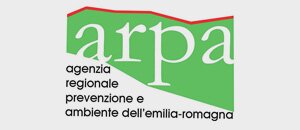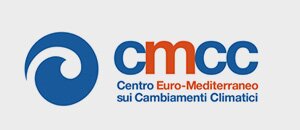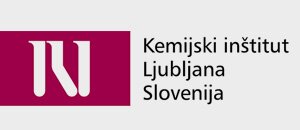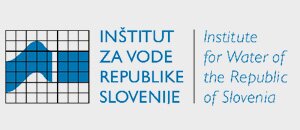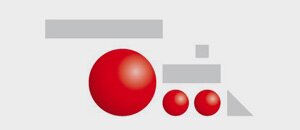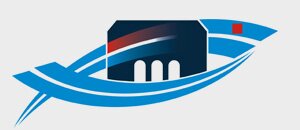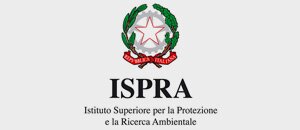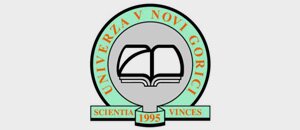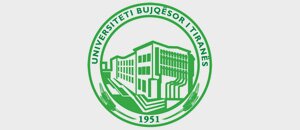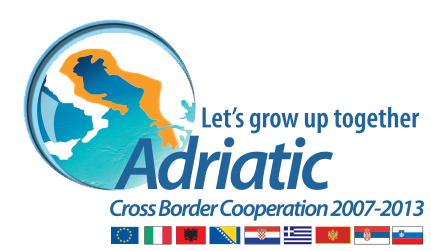
On December 11, 2014, in Neum, the program of marine litter monitoring was implemented in accordance with the requirements of the Barcelona Convention, which imply the categorization of litter by type and size of litter items. This is the first monitoring of its kind conducted in Bosnia and Herzegovina, although the said methodology has been widely used in Mediterranean countries. In this way and with the help of DeFishGear Project, Bosnia and Herzegovina has, for the first time and regardless of its geographical position, stood side by side with European countries signatories of the Barcelona Convention and has thus become one of the major protagonists in solving the issue of marine litter on a regional level.
The subject of monitoring was marine micro and macro litter (floating litter, seabed and beach litter) with special emphasis on microplastics (plastic litter of size up to 5 mm) which, due to its imperceptible dimensions, has a devastating impact on living organisms in the sea. Speaking of the quantity of plastic litter, the results of monitoring conducted in Neum have showed that B&H does not lag behind other countries in the region (about 70% of collected litter), however, unlike other countries, most of the remaining collected litter is composed of metal (cans, parts of building materials, abandoned fishing gear, metal souvenirs, lighters, etc.). The aforesaid monitoring program also included the involvement of divers who collected marine litter at a depth of 20 m, at two different locations. The collected litter was later used to analyse and evaluate the overall density of marine litter on the seabed of the Neum aquatorium.
This is how B&H and its Neum aquatorium have, for the first time, become part of a regional story on the establishment of a unified methodology of conducting monitoring and establishment of a common database of marine litter for the Adriatic region, alongside six other Mediterranean countries (Croatia, Slovenia, Montenegro, Albania, Greece, Italy), jointly sailing towards a regional strategy for sustainable management of marine environment.
Who is involved in the DeFishGear Project?
Seven countries embracing Adriatic Sea are involved in the DeFishGear project (Albania, Bosnia & Herzegovina, Croatia, Greece, Italy, Montenegro and Slovenia). The DeFishGear project is implemented by a multi-disciplinary team comprising 16 institutions which include academia, research institutes, local and national authorities from all the countries involved. Multi-disciplinary, coordinated and strongly attached partnership reinforces the substantial footprint of the DeFishGear project on the path towards a litter-free Adriatic Sea.
THE LIST OF THE PROJECT PARTNERS IS THE FOLLOWING:
LEAD PARTNER
1. National Institute of Chemistry, Ljubljana, Slovenia
PROJECT PARTNERS
1. Italian National Institute for Environmental Protection and Research, Rome, Italy
2. Ca' Foscari University of Venice, Italy
3. Mediterranean Consortium, Rome, Italy
4. Regional Agency for Environmental Protection in the Emilia-Romagna Region, Cesenatico, Italy
5. Institute for Water of the Republic of Slovenia, Ljubljana, Slovenia
6. University of Nova Garcia, the Laboratory for Environmental Research, Nova Garcia, Slovenia
7. Institute for Oceanography and Fisheries, Split, Croatia
8. Hydro-Engineering Institute of the Faculty of Civil Engineering, Sarajevo, Bosnia and Herzegovina
9. Institute of Marine Biology, University of Montenegro, Kotor, Montenegro
10. Agricultural University of Tirana, Laboratory of Fisheries and Aquaculture, Tirana, Albania
11. Regional Council of Lezha, Lezha, Albania
12. Mediterranean Information Office for Environment, Culture and Sustainable Development, Athens, Greece
13. Hellenic Centre for Marine Research (with participation of the Institute of Oceanography and Institute of Marine Biological Resources and Inland Waters), Anavyssos, Greece
14. Public Institution RERA SD for Coordination and Development of Split Dalmatia County, Split, Croatia
15. Euro-Mediterranean Centre on Climate Change, Lecce, Italy
ASSOCIATES
1. PlasticsEurope AISBL, Brussels, Belgium
2. Ministry for Agriculture and Environment, Ljubljana, Slovenia
3. Italian Ministry of Environment, Land and Sea, Rome, Italy
4. Croatian Environment Agency, Zagreb, Croatia
5. Fishing League, Rome, Italy
6. Agency for Watershed Area of Adriatic Sea Mostar, Mostar, Bosnia and Herzegovina

Hydro-Engineering Institute of Faculty of Civil Engineering (HEIS) was founded in 1954 in Sarajevo as an independent, market oriented, scientific and research institution in the field of water protection and engineering. Today it employs over 40 experts from different scientific fields, which with their high motivation, as well as professional knowledge and experience represent the core strength of the Institute.


